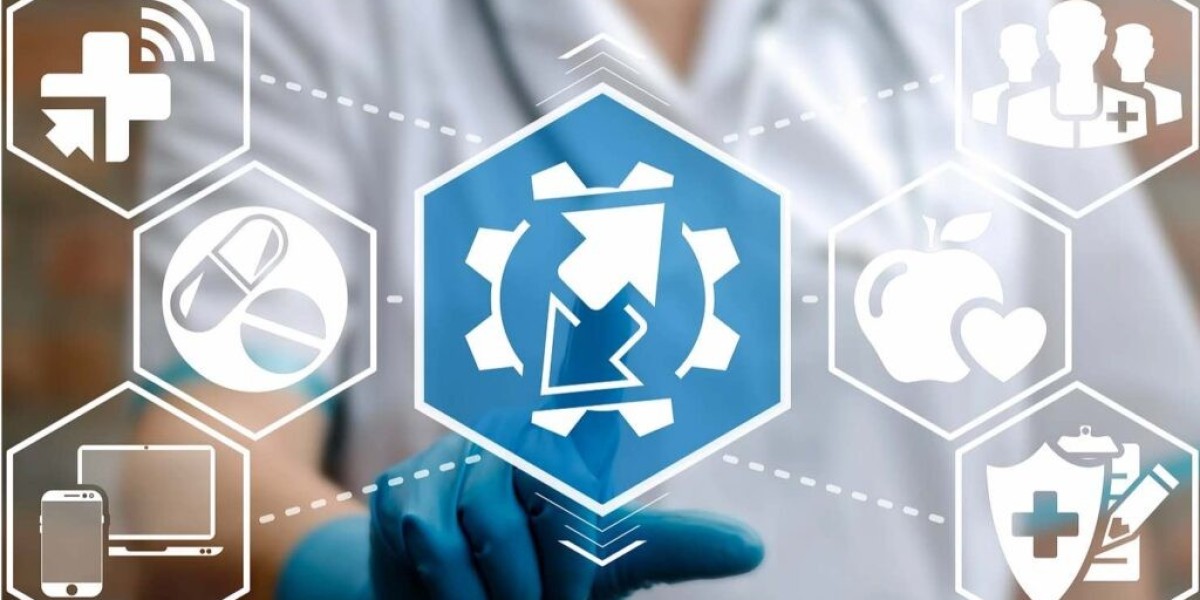The Promise of 5G In Healthcare
This fifth generation of wireless technology promises to transform numerous industries by enabling new applications that were previously impossible. One sector poised for profound change is healthcare, where 5G can help improve patient care, streamline operations and support new forms of telehealth and remote surgery.
Enhanced Telehealth and Remote Patient Monitoring
By offering greater bandwidth and lower latency than previous generations of wireless5G In Healthcare opens the door to more advanced telehealth services. Doctors will gain the ability to conduct live video consultations and remote examinations using virtual and augmented reality technologies. This allows patients in rural areas or nursing homes to access specialty care without traveling long distances. 5G also enables real-time remote patient monitoring of vital signs and other health data using wearable devices and connected sensors. Conditions that currently require hospital admission can potentially be managed at home through remote monitoring. This shift will help alleviate overburdened hospitals while also improving patient comfort and outcomes through early intervention.
New Frontiers in Surgery and Medical Imaging
5G is expected to revolutionize surgical procedures through advanced robotics and telemedicine applications. Surgeons will be able to remotely control surgical robots located offsite to perform complex surgeries. This can expand access to specialized care globally. 5G will also enable new capabilities in medical imaging. Real-time wireless transmission of MRI, CT scans and other diagnostic images between hospitals will support rapid diagnosis and consultation between specialists anywhere. Emerging augmented reality and holographic technologies are being explored to enhance minimally invasive surgeries through virtual 3D views inside the patient's body. 5G's high speed and low latency is critical to support these data-intensive applications effectively.
Empowering Connected 5G In Healthcare Infrastructure
An interconnected healthcare ecosystem consisting of hospitals, clinics, imaging centers, laboratories and pharmacies will be enabled through private 5G networks. This connectivity fabric will power internet of medical things applications through wireless communication between various medical devices, equipment and digital health records. Real-time integration of diagnostics, treatment plans and prescriptions across different facilities improves care coordination for patients. The ability to collect and aggregate massive streams of patient data also helps healthcare providers develop preventive population health strategies through analytics. 5G infrastructure delivers the security, reliability and low latency required for mission critical communications in healthcare settings.
Enhancing Health Education and Research
5G based virtual, augmented and mixed reality solutions offer new avenues for training medical students and professionals. Hands-on experience of complex procedures can be provided through interactive 3D simulations without risks to real patients. Doctors and nurses will gain opportunities to continuously upgrade their skills through immersive online courses. Research too stands to benefit as 5G enables wireless transmission of vast biomedical datasets between laboratories and supercomputing facilities for multidisciplinary collaboration. These technologies have the potential to improve both the quality and accessibility of medical education and research globally.
Overcoming Deployment Challenges
While 5G presents exciting opportunities, its adoption in healthcare raises some challenges. Providing comprehensive 5G coverage across hospital campuses and remote areas requires network densification through small cells and private networks involving considerable upfront investments. Ensuring network reliability and prioritizing medical traffic over consumer use also needs coordination between healthcare providers and telcos. Data governance and security of sensitive health information transmitted wirelessly needs to be strengthened through regulatory frameworks.
In Summary, as 5G deployments mature with time, they are set to revolutionize the delivery of healthcare worldwide by enabling telehealth at scale. Patients will experience improved access to specialized care anytime, anywhere through innovations powered by this next-gen technology.
Get more insights on This Topic-5G In Healthcare
Explore More Articles- Ginger Oil Market



